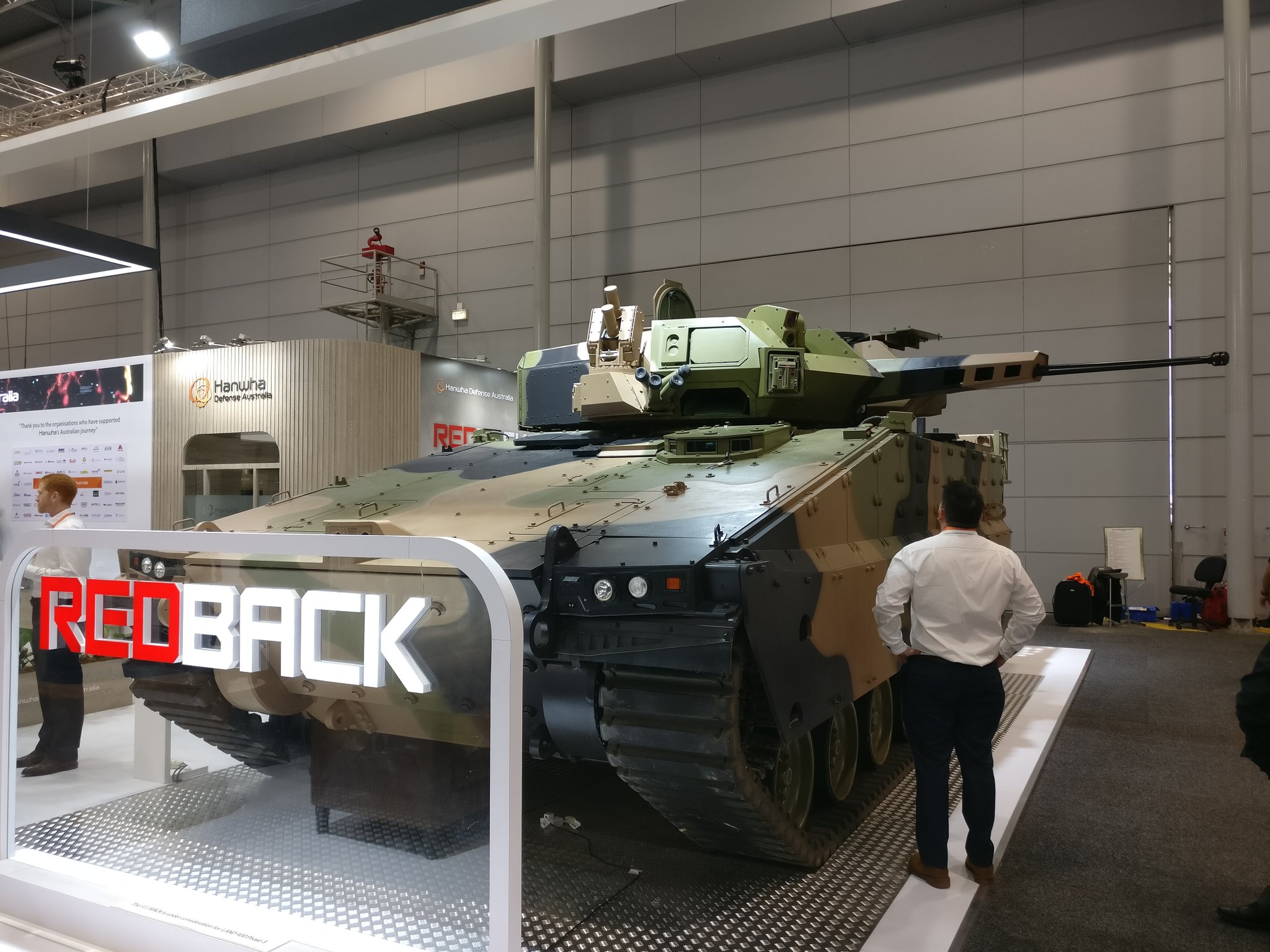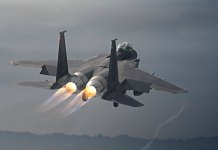South Korea’s Hanwha Aerospace overpowered Germany’s Rheinmetall to secure a massive Australian military contract worth up to US$4.74 billion for building 129 infantry fighting vehicles.
The deal, which Defence Industry Minister Pat Conroy described as one of the largest projects in the history of the Australian army, will have a value of A$5 billion to A$7 billion.
“The state-of-the-art vehicles will come with the latest generation armor, cannon, and missiles, providing the protection, mobility, and firepower needed by soldiers in close combat,” Conroy told reporters.
Referred to as Land 400 Phase 3, the acquisition of tracked infantry fighting vehicles stands as one of the most expensive contracts in the history of the Australian Army.
The procurement of state-of-the-art IFVs will replace the Australian Army’s M113 armored personnel carriers, which date back to the Vietnam War era.
Rheinmetall, a leading German defense company, had pitched its well-established Lynx vehicle, manufactured in Queensland, Australia, as its offering for the LAND 400 Phase 3 project.
On the other hand, Hanwha, a South Korean defense firm, had offered an entirely new and cutting-edge product named the Redback.
Their proposal included the ambitious plan to establish a state-of-the-art manufacturing facility for the Redback in Geelong, located in the electorate of Defense Minister Richard Marles.
The procurement project faced a significant change earlier this year. The Labor’s Defense Strategic Review made a substantial adjustment to the scope of the project, reducing the original requirement for 450 Infantry Fighting Vehicles (IFVs) to just 129.
Budget considerations likely influenced this adjustment. In light of the significant expenses associated with acquiring nuclear-powered submarines under the AUKUS pact, PM Anthony Albanese’s government is seeking additional cost savings in the defense budget.
Battle For Multi-Billion-Dollar IFV Program
Off late, the German government had intensified its efforts to secure the LAND400 deal by promising to purchase over 100 Australian-made Rheinmetall Boxer heavy weapon carriers. But this commitment was dependent on winning the larger LAND400 contract.
German Army Chief Lieutenant General Alfons Mais visited Australia for the first time to meet troops participating in Exercise Talisman Sabre and toured Rheinmetall’s factory in Queensland.
When asked about the Boxer deal’s fate if Germany doesn’t win the IFV contract, the Army Chief stated he expects the first vehicle in 2025 and hoped the contract can be signed in Q4 of 2023.
“I’m totally convinced, and I hope that our parliament will decide in the fourth quarter of 2023 that the contract can be signed,” he had said.
Meanwhile, South Korea’s Redback vehicle outperformed the Lynx in the Army’s rigorous “risk mitigation activity” in 2021, propelling Soeul into a more favorable position.
Previous reports also suggest that the Australian Army favored Hanwha’s Redback vehicle over its German competitor based on its superior performance during comprehensive testing.
But in a strategic move to bolster its standing in the fiercely contested IFV (infantry fighting vehicles) program, South Korea has introduced an enticing proposition.
Major General Cho Hyun-ki, the Deputy Minister of South Korea’s Defense Acquisition Program Administration, highlighted the crucial partnership shared between the Republic of Korea (ROK) and Australia in safeguarding peace and democracy within the Indo-Pacific region.

The South Korean General revealed that the “Republic of Korea (ROK) could also eventually deploy the Australian-made Redback vehicle on its own soil.”
Meanwhile, Conroy said they will speed up the process so that the first vehicle can be delivered in early 2027, two years earlier than planned, and the final vehicle by 2028.
- Contact the author at ashishmichel(at)gmail.com
- Follow EurAsian Times on Google News




